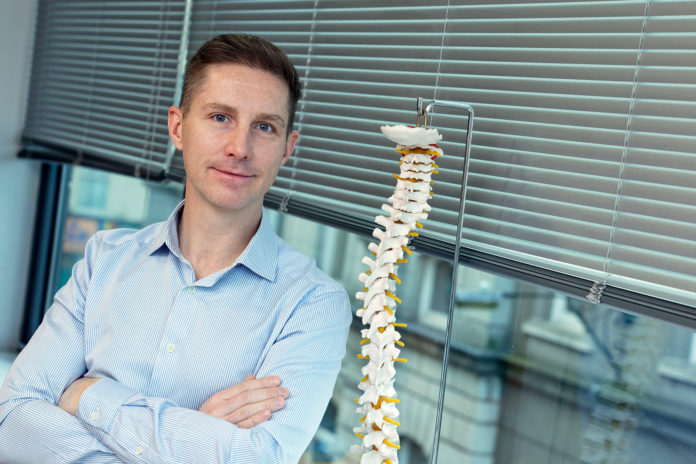
While the new year comes with many good intentions, the consensus of healthcare experts at Mater Private Network is that there is too much external pressure to dramatically overhaul our lifestyles in the first months of the year. With that in mind, medical experts at the Mater are sharing small lifestyle changes which are scientifically proven – no fads.
“There are many unsubstantiated nutritional claims buzzing about the internet – celery juice being one of the most recently debunked trends for example, but when it comes to the science, everyone should be aiming for five servings of fruit and vegetables every day,” says Senior Dietitian Jane McCarthy.
“Fibre, calcium, vitamin D, iron, vitamin B12 and protein are crucial nutrients and become increasingly important as we age. The more colour in your diet, the better. As we age, we lose muscle mass, so pick good sources of protein such as meat, poultry and fish or boost your protein intake by including eggs, beans and nuts in your diet. This will keep your muscles healthy as well as help to build new cells.”
She also recommended dairy for bone health, and cutting salt to reduce the risk of high blood pressure – and to particularly look out for hidden salt in ready-made foods.
Stephen O’Rourke is passionate about the life-enhancing benefits of exercise in later life, which include improved sleep, reduced anxiety and a boost to brain health.
“Movement really is medicine! First, strive to be active throughout your day rather than leaving all your exercise until after work. As with anything, the mountain seems insurmountable if you leave it all to the end. Secondly, reflect on the intensity of your exercise; a lot of people exercise below or at moderate intensity without realising.”
“If I had to recommend one change to everyone’s routine as they hit mid-life? Introduce strength training.”
He also points out that 10,000 steps a day is not scientifically proven, but nothing to regret. The ageing process and the passing of time can’t be avoided and are out of our control. However, exercise, diet and smoking habits can all be modified, and are within our means to change.







